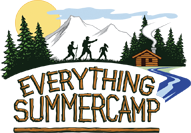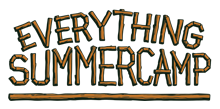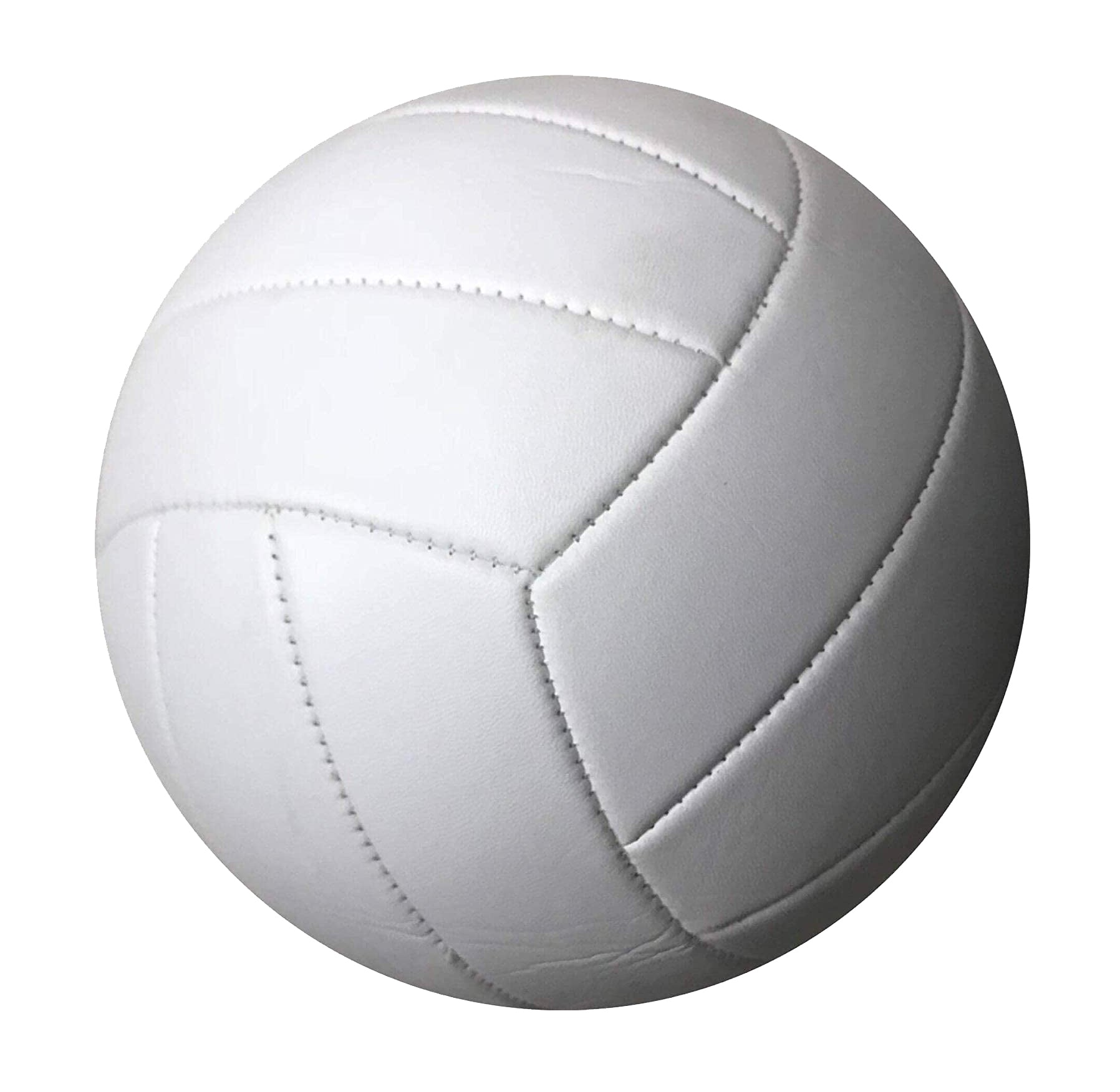Hey, Hornists!
Some folks are naturally drawn to percussion while others are drawn to strings. Some people are gifted with a wonderful voice. And others are born to play the horn! Learning an instrument is hard work, but some instruments can be tougher to learn than others. Playing a horn requires a muscle that most folks don’t use regularly. Horns require long hours of daily practice and building lung power.

There are many different kinds of horns you can choose to pick up. Whatever feels most like your style is the right pick! There’s the trumpet, the trombone, the French horn, the tuba, the saxophone, the baritone, the cornet, and even more. But for each one, there are four critical things that great horn players have that you need to develop and practice.
Going the Distance
If you’re going to play a horn instrument, you gotta have strength and endurance. How do you develop that? Mouth muscle workout! Simply practice getting your lips into the best position for a nice clear note. Play that note over and over, repositioning your lips each time. Mastering the application of your mouth to the mouthpiece of your instrument is known as embouchure.

Tone-tastic
Achieving a great tone is a matter of a number of factors all hitting in unison, but a great point to practice on is pitch placement and pitch bending. Bending a note is a way for players to hear the point in the bend that the tone sounds clearest. The point that sounds best is where the note should always be played.

You can change your pitch by opening your throat, giving your jaw a slight forward motion, and relaxing your embouchure.
Blow on the Range
Strength wasn’t just for your mouth exercises! It takes great strength to play the really high notes just as much as it does the really low notes. Develop your skillsby practicing your high notes as well as the low ones.
A Good Sense of Music
If you’re interesting in playing a horn instrument, you probably already have a love for music, but listening to the greats and discovering your own musical preference is what it’s all about! The better understanding you have when it

comes to listening to music will come through in your understanding of playing music as well!
Of course, even the great horn players throughout history have always struggled to be truly great in all four of these areas. Everyone will have different strengths and different weaknesses. You’ll likely never master each of these points, but to develop your skills, these areas help to build a strong musician! Enjoy making music! And, as always, thanks for reading!
- John







